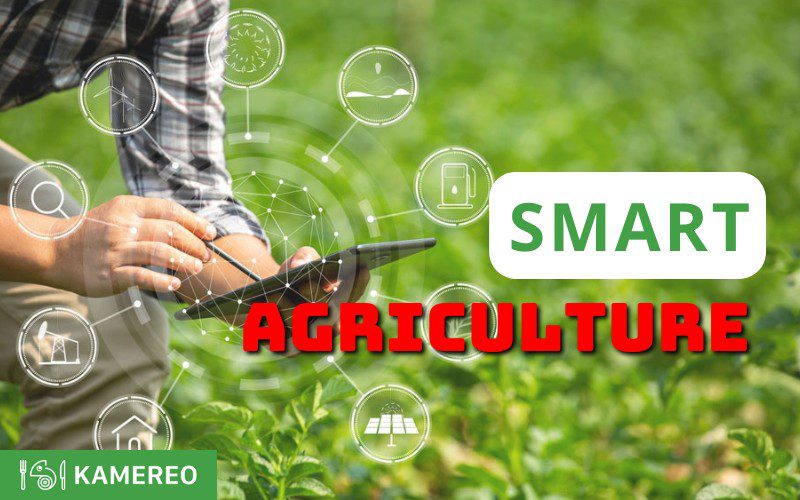The development of smart agriculture is a global trend, not only in Vietnam but worldwide. It’s a method that enhances productivity, optimizes costs, reduces the labor of farmers, and minimizes environmental impacts. So, what exactly is smart agriculture? Let’s delve into the details in the following article with Kamereo!
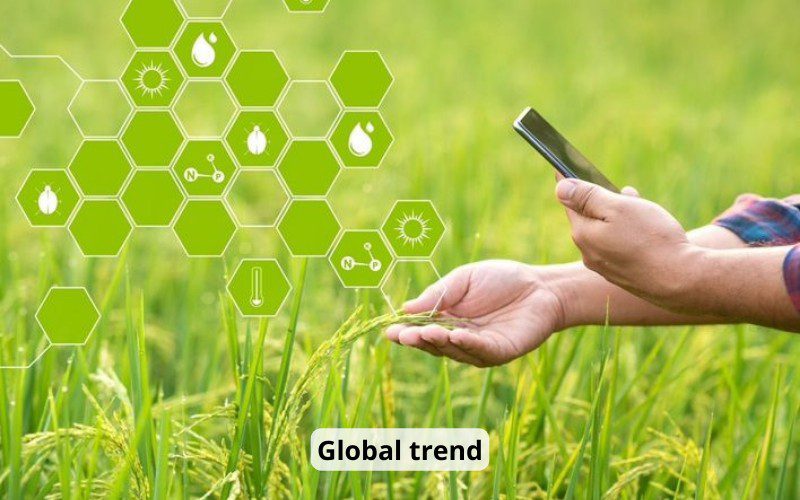
What is smart agriculture?
Smart agriculture can be defined from various perspectives. It involves using information technology to manage agricultural production, from measuring and monitoring output to allocating resources rationally. Therefore, smart agriculture helps optimize productivity, product quality, while reducing costs and negative environmental impacts.
The role of smart agriculture is increasingly emphasized due to various factors including:
- The impact of climate change on agriculture.
- The global population growth leading to increased food demand.
- The escalating risk of resource depletion due to natural resource utilization.
- The development of information and communication technology also plays a crucial role in promoting the development of smart agriculture.
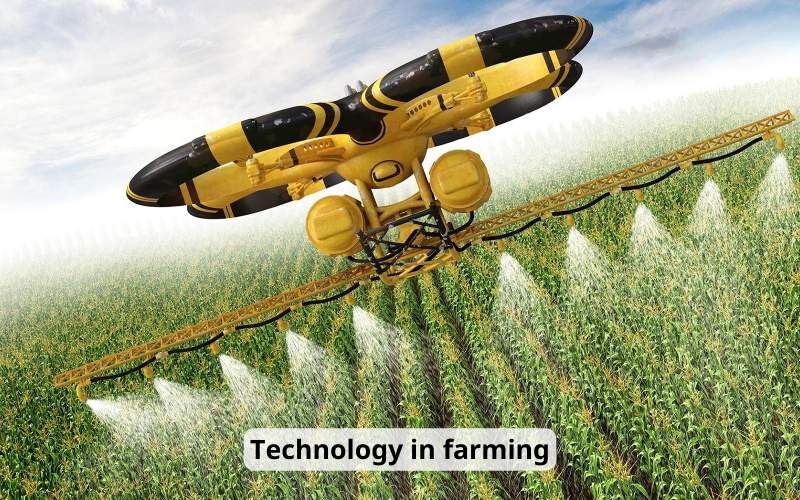
Key Characteristics of Smart Farming
Smart agriculture is a global trend that addresses issues related to food and environmental sustainability. Therefore, this farming model differs from traditional methods in several ways, such as:
- Application of technology: Internet of Things (IoT), sensors, robots, artificial intelligence (AI), big data, etc., are crucial technologies for collecting and analyzing information about the environment, crops, and livestock to make accurate production decisions.
- Efficiency optimization: Optimizing the use of water, fertilizers, pesticides, energy, etc., helps increase crop and livestock productivity while reducing production costs.
- Environmental sustainability: Smart agriculture aims to produce sustainably, minimize negative environmental impacts, protect natural resources, and ecosystems.
Read more: What is Sustainable Agriculture? The Role of Sustainable Agriculture
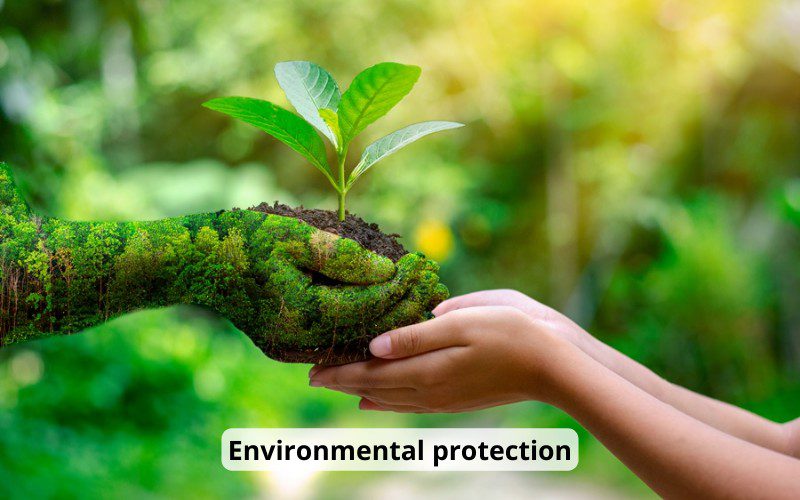
Some Technologies in Smart Agriculture
Smart agricultural areas usually integrate at least one technology to support farming processes. Here are some commonly used technologies in smart farming:
- Using sensors to scan soil and manage factors such as water, light, humidity, and temperature.
- Applying internet and GPS-based telecommunications technology.
- Using specialized hardware and software for industry-specific applications to support IoT solutions, automation, and robotics.
- Data collection such as crop productivity, soil maps, climate change, fertilizer applications, weather data, machinery, and animal health is an important part of smart agriculture. Farmers can make decisions and predict risks accordingly.
- Using drones to continuously collect data for the entire farm. This information is transmitted to the IT system to help farmers remotely monitor and analyze the farm. This enables them to make quick decisions.
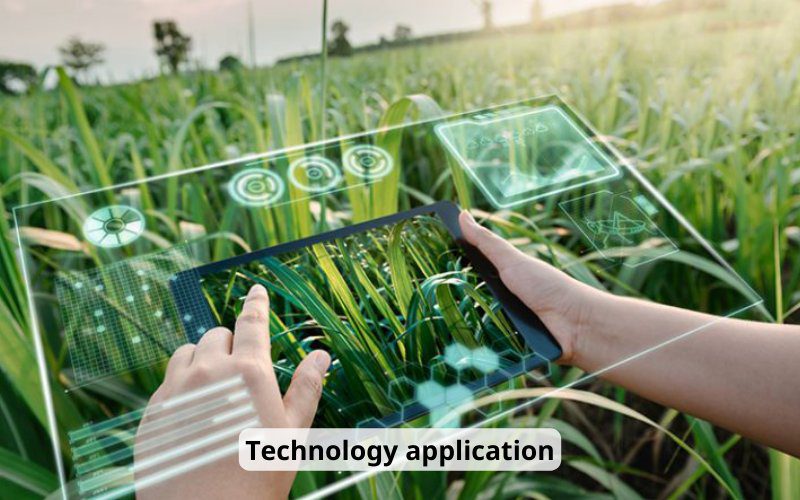
Benefits of Smart Farming
Smart agriculture is applied by many countries worldwide due to the following benefits:
- Reduced overall costs while improving the quality and quantity of products. Moreover, smart agriculture enhances the sustainability of the agricultural sector and the consumer experience.
- Enhanced production control helps manage costs more effectively and reduce waste. This also helps timely detect abnormalities in crops or livestock health, eliminating the risk of productivity loss.
- Smart devices enable the activation of multiple processes, automatic services simultaneously, enhancing product quality and quantity through better control of production processes.
- Smart cultivation systems provide forecasting capabilities and timely market goods to reduce waste.
- Smart agriculture focuses on managing land supply through appropriate development indicators such as moisture, fertilizer, or raw material content to provide the best production for crops.
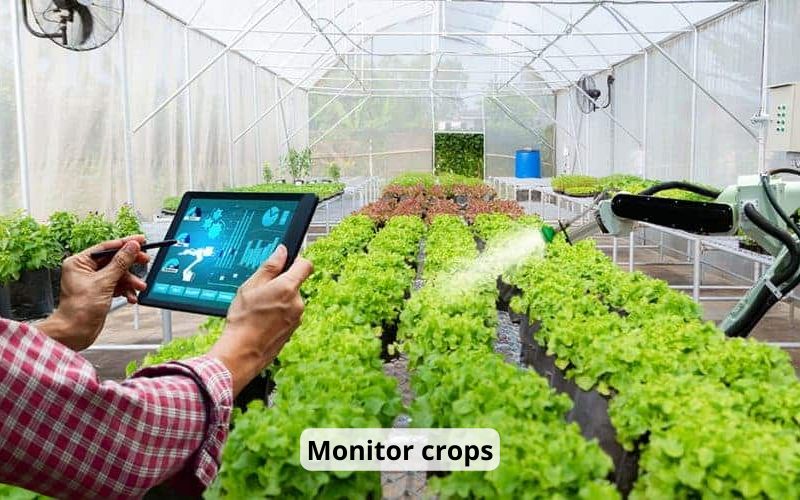
Is Smart Agriculture the Future Trend?
Smart agriculture is considered a pioneer in the global development of agriculture. Although Vietnam is one of the major agricultural exporters, the boom in information technology and international integration processes are demanding an improvement in the quality of agricultural products.
Furthermore, agricultural land is shrinking, climate change is occurring, and the population is increasing, creating significant pressure on agricultural production in Vietnam. To cope with these challenges, experts emphasize the essential role of applying high technology in agricultural production.
Some technologies help address agricultural development challenges such as biotechnology, drip irrigation, greenhouses, sensors, automation, Internet of Things, etc. This not only helps save production costs, increase productivity but also improves the quality of agricultural products and protects the environment.
Moreover, applying high technology also helps farmers become more autonomous in production, reducing dependence on weather, climate and meeting market demand for the quality of agricultural products.
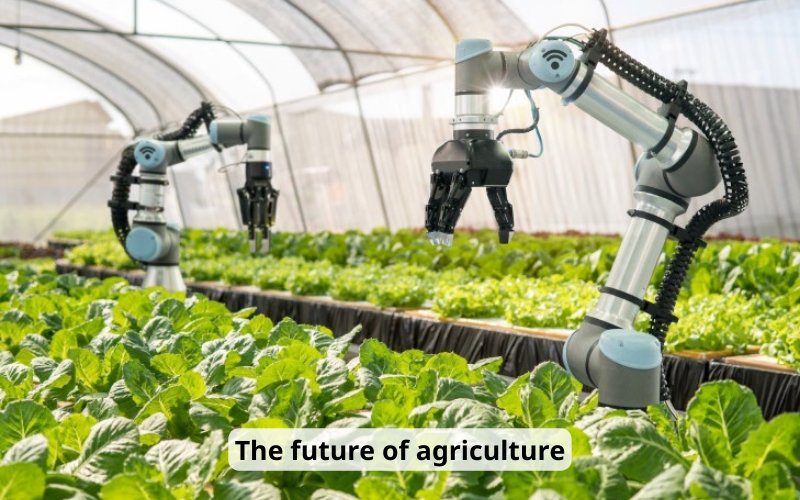
Conclusion
Smart agriculture is an agriculture applying high technology to all stages of the production process. Therefore, the quality and quantity of products are increased, while ensuring environmental factors. Kamereo currently provides many agricultural products from smart farms to meet the business needs of restaurants. Please contact us via hotline 0812 46 37 27 for support from our consultants and don’t forget to follow the FoodTech section for more interesting information!
Read more:




